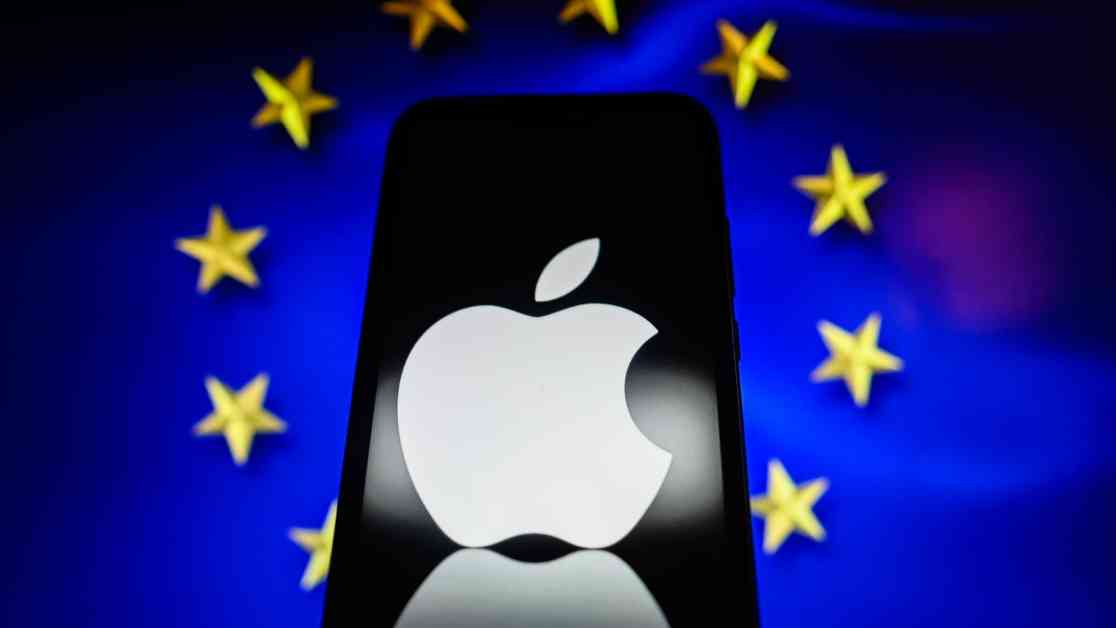The European Union’s top court delivered a significant blow to tech giant Apple on Tuesday, ruling against the company in a long-standing tax dispute with Ireland. The European Court of Justice’s decision comes after a decade of legal battles over Apple’s tax affairs in the country, culminating in a demand for the tech behemoth to pay back a staggering 13 billion euros ($14.4 billion) in back taxes.
Background of the Case
The saga began in 2014 when the European Commission, the EU’s executive arm, launched an investigation into Apple’s tax arrangements in Ireland, where the company has its European headquarters. The Commission alleged that Apple had received “illegal” tax benefits from the Irish government over a period of two decades, allowing the tech giant to significantly reduce its tax liabilities in the region.
In 2016, the Commission issued a landmark decision ordering Dublin to recover the unpaid taxes from Apple, setting off a legal battle that would span several years. Apple and Ireland both appealed the Commission’s ruling in 2019, leading to a court decision in 2020 that sided with the tech giant, overturning the Commission’s order to repay the taxes.
ECJ’s Ruling
The case eventually made its way to the European Court of Justice, the EU’s highest court, which on Tuesday overturned the previous ruling and upheld the Commission’s original decision. The court found that the Irish government had indeed provided Apple with preferential tax treatment, constituting illegal state aid under EU rules.
This ruling marks a significant victory for the European Commission and competition chief Margrethe Vestager, who has been a vocal advocate for cracking down on tax avoidance by multinational corporations operating in the EU. The decision sends a strong message to tech giants like Apple that they cannot escape scrutiny when it comes to their tax practices.
Implications for Apple and the Tech Industry
The ECJ’s ruling has immediate financial implications for Apple, which now faces the prospect of having to pay billions of euros in back taxes to the Irish government. The company’s shares dipped in premarket trading following the court’s decision, reflecting investor concerns over the potential impact on Apple’s bottom line.
Moreover, the ruling is likely to have broader implications for the tech industry as a whole, as it underscores the EU’s commitment to enforcing fair competition and preventing tax avoidance by multinational corporations. Companies operating in the region will need to reassess their tax strategies and ensure compliance with EU regulations to avoid similar legal challenges in the future.
EU’s Ongoing Battle with Tech Giants
This is not the first time that Apple has found itself in the crosshairs of EU regulators. Earlier this year, the Commission imposed a record 1.8 billion euro ($1.99 billion) fine on Apple for abusing its dominant position in the market for music streaming apps, further highlighting the EU’s efforts to hold tech giants accountable for anticompetitive behavior.
Additionally, the EU’s Digital Markets Act has forced companies like Apple, Alphabet, and Meta to make changes to their business practices in Europe, as regulators seek to rein in the power of big tech firms and promote a more level playing field in the digital economy. The Commission has launched several investigations under the DMA into tech companies suspected of engaging in anticompetitive practices, signaling a broader crackdown on the industry.
Conclusion
In conclusion, the European Court of Justice’s ruling against Apple in the tax dispute with Ireland represents a significant victory for EU regulators and a warning to tech giants operating in the region. The decision underscores the EU’s commitment to enforcing fair competition and preventing tax avoidance by multinational corporations, setting a precedent for future legal battles in the tech industry. Apple now faces the daunting task of paying back billions of euros in back taxes, while other companies will need to ensure compliance with EU regulations to avoid similar legal challenges. The case serves as a reminder that no company, no matter how powerful, is above the law when it comes to tax practices in the EU.

















